Pro-Khalistan Groups Plan London Protests as PM Modi Heads to G7 Summit
Pro-Khalistan Groups Plan London Protests as PM Modi Heads to G7 Summit
Politics Punjab TV | Global Blog | London Viewpoint

As Indian Prime Minister Narendra Modi prepares to attend the G7 Summit in Canada (June 15–17), Sikh groups based in the UK are planning a series of pro-Khalistan protests in London, signalling renewed agitation around Sikh separatist sentiments within the diaspora.
The planned demonstrations aim to coincide with Modi’s international presence at the summit — a move designed to gain global attention and draw focus to ongoing grievances related to Punjab, Sikh rights, and the Indian government’s historical actions.
Diaspora Activism in Full Gear
Sikh organisations based in the UK have long been vocal on the issue of Khalistan — a proposed independent homeland for Sikhs. These groups argue that the Indian state has consistently marginalised Sikhs and failed to deliver justice for historic incidents such as:
The 1984 Golden Temple massacre (Operation Blue Star)
The anti-Sikh riots in Delhi
Alleged political repression of pro-Khalistan voices
This wave of renewed activism reflects not just past grievances but also contemporary frustrations — such as the UK government’s lack of follow-through on promises to investigate its own alleged complicity in the 1984 military operation.
Protests, Politics & Public Perception
The planned protests in London are expected to be peaceful, but their symbolism is politically loaded:
They will occur as Modi attends a global leadership summit
They draw attention to the influence of Sikh diaspora politics in the UK
They test the UK’s balance between upholding freedom of speech and maintaining healthy diplomatic ties with India
The Indian High Commission in London has been a frequent flashpoint, with past protests leading to flag removals, scuffles, and police action. This time, organisers are calling for international media coverage and have appealed to Sikhs across Europe to join.
Voices from the Ground
A representative from a UK-based Sikh youth group told Politics Punjab TV:
“This is not just about Modi or the BJP. This is about decades of betrayal. If international platforms won’t listen, we’ll raise our voices wherever the cameras are.”
While British authorities continue to monitor such demonstrations, the government also faces internal pressure to respond to concerns over transnational repression and threats to British citizens who are outspoken on Indian human rights issues.
What Happens Next?
As Modi prepares to share the world stage with leaders from Canada, the UK, and beyond, protests back home and abroad continue to shape the narrative. The Khalistan issue — though small in numbers — remains deeply emotional for many in the Sikh community.
The upcoming days may provide answers to key questions:
Will the UK government respond to Sikh calls for historical accountability?
How will Indian diplomats react to protests abroad during a critical summit?
Can symbolic action turn into meaningful policy conversation?
Follow Politics Punjab TV for ongoing coverage of the G7, diaspora movements, and South Asian geopolitics.
Let us know your thoughts do you support the right to protest on foreign soil? Is the Khalistan debate about justice, identity, or politics?

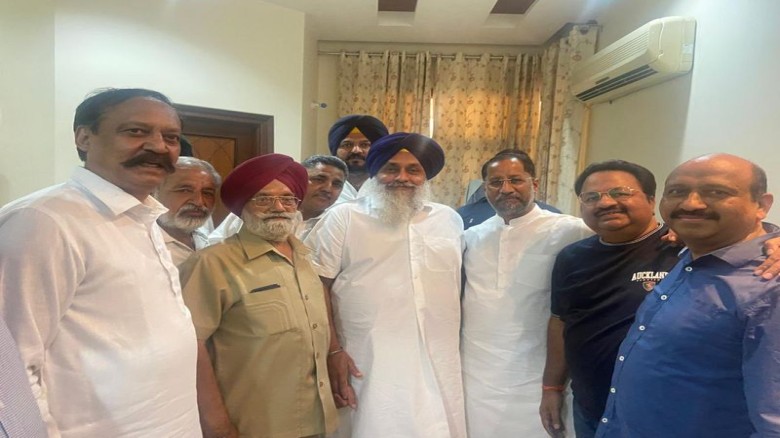
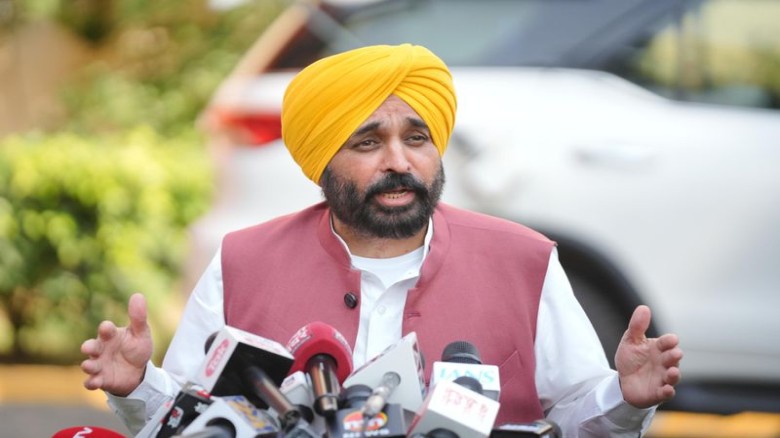
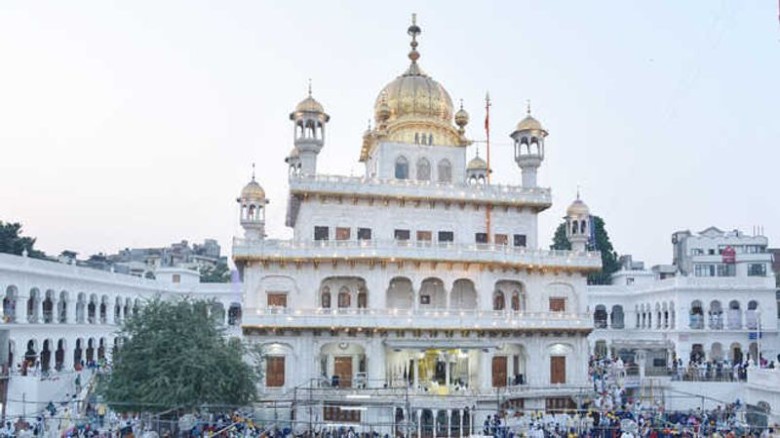
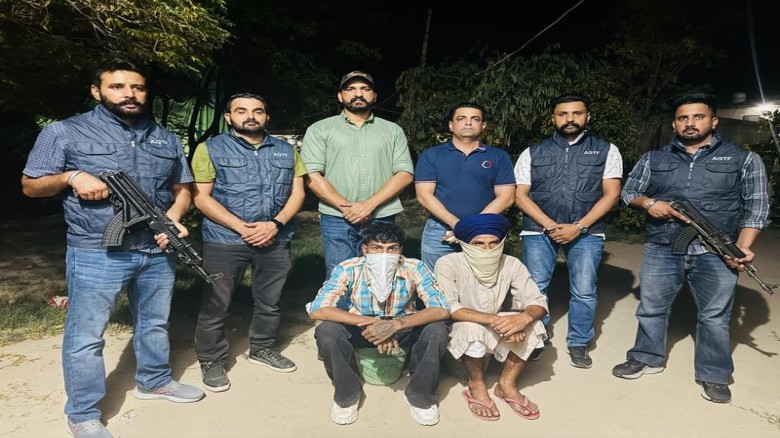

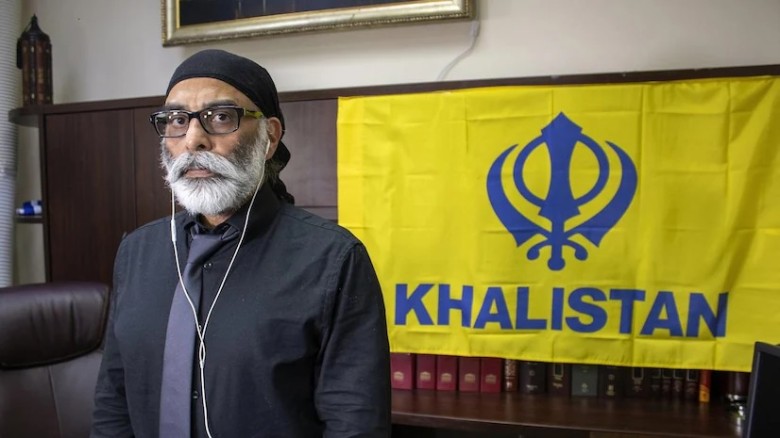
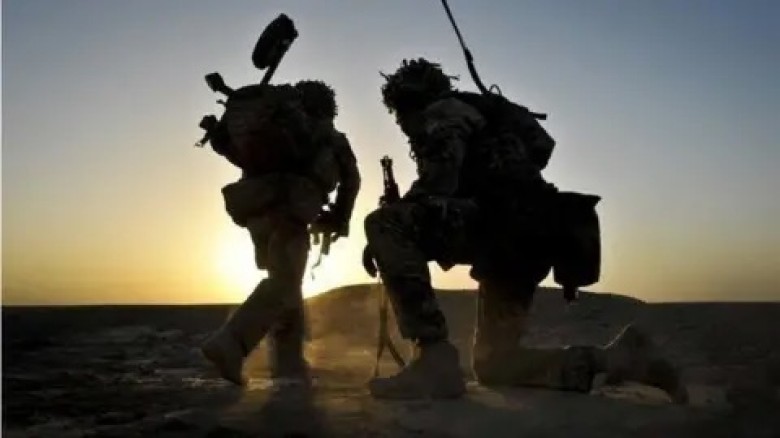

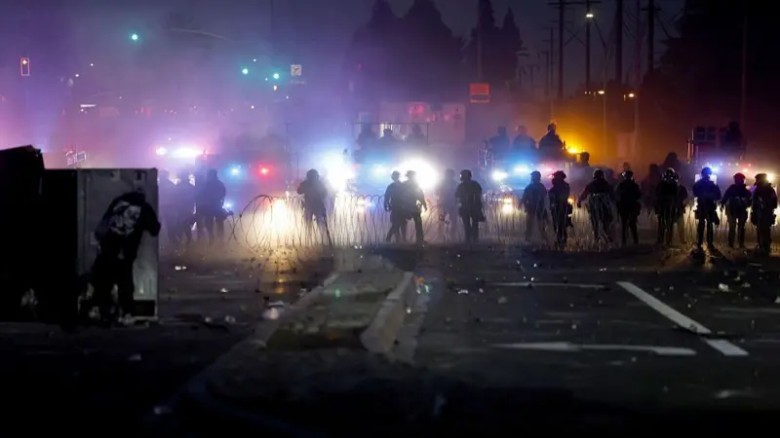
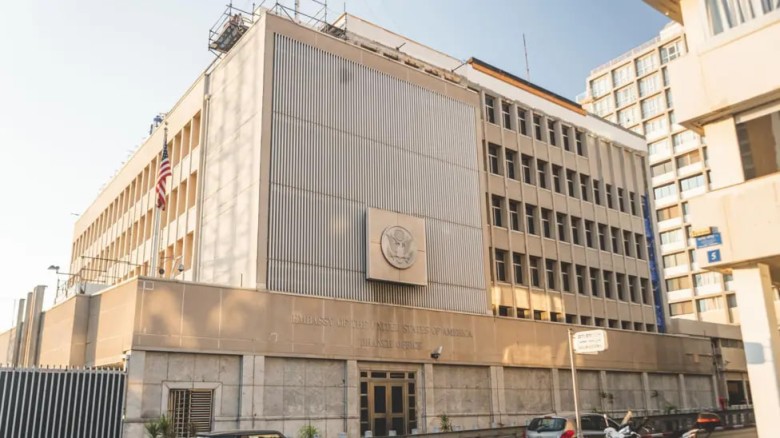
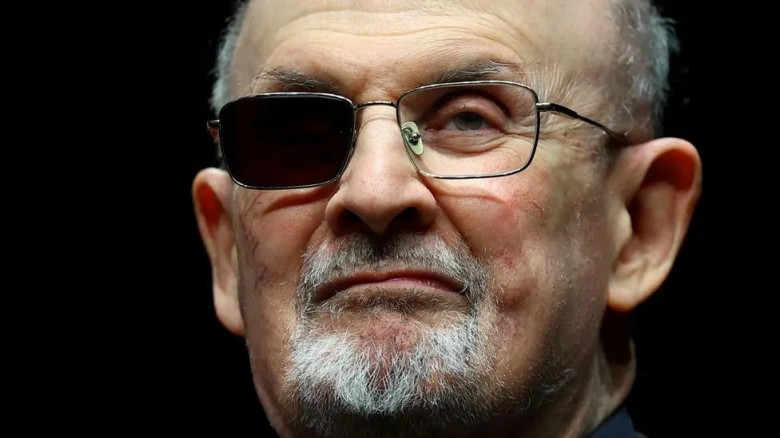
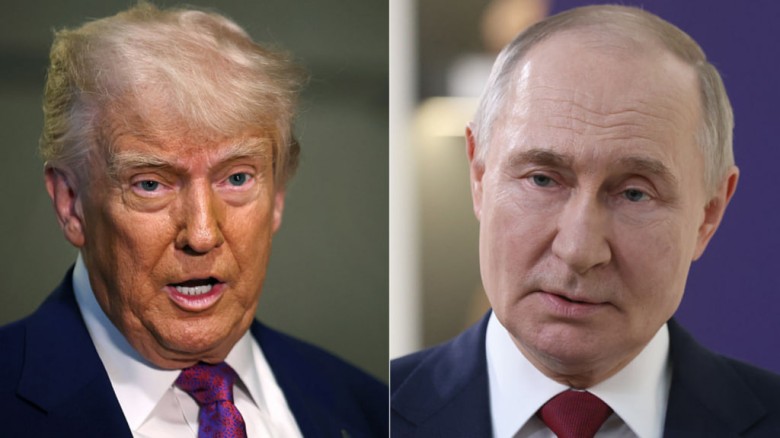
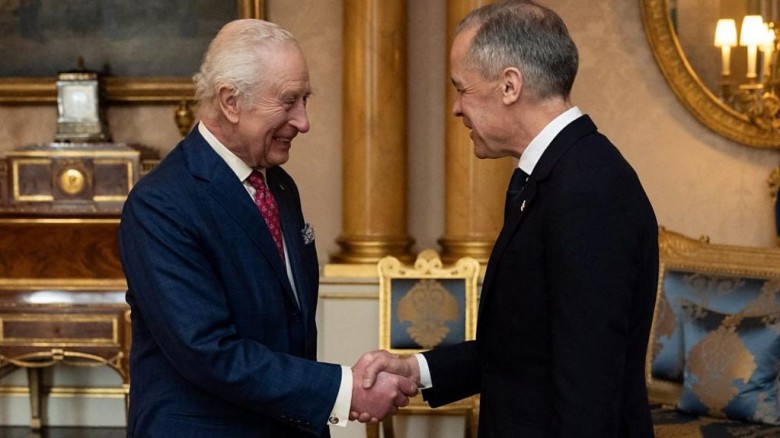



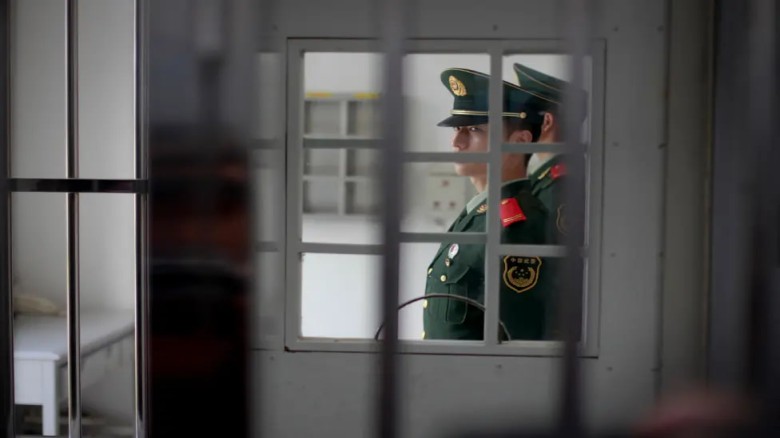

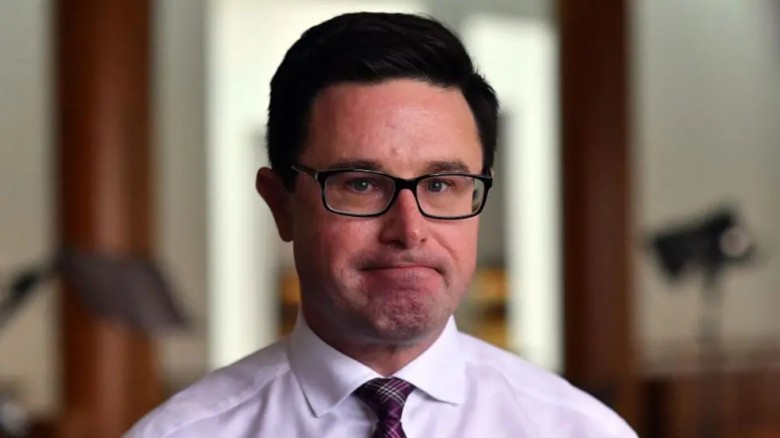

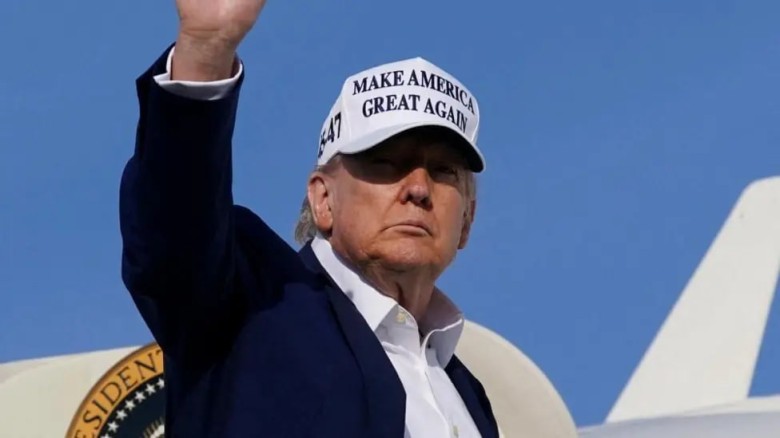
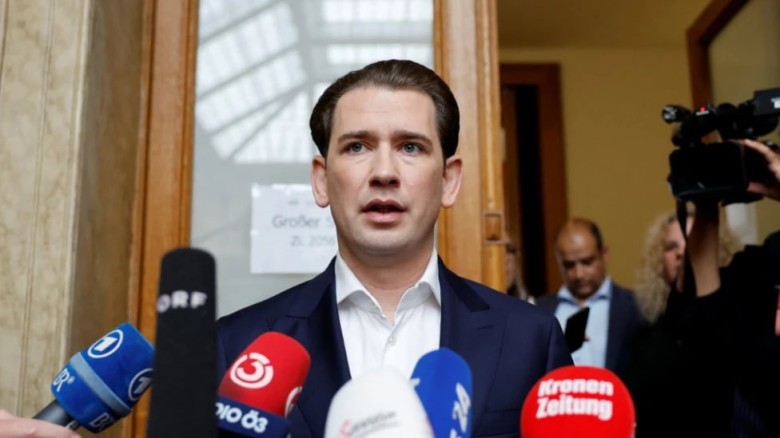

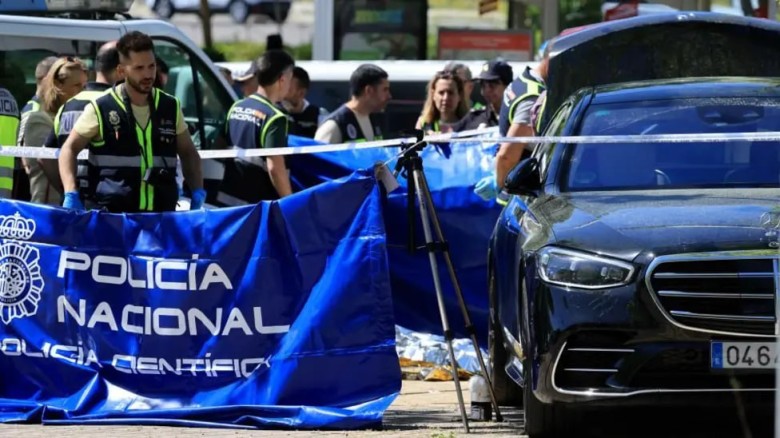




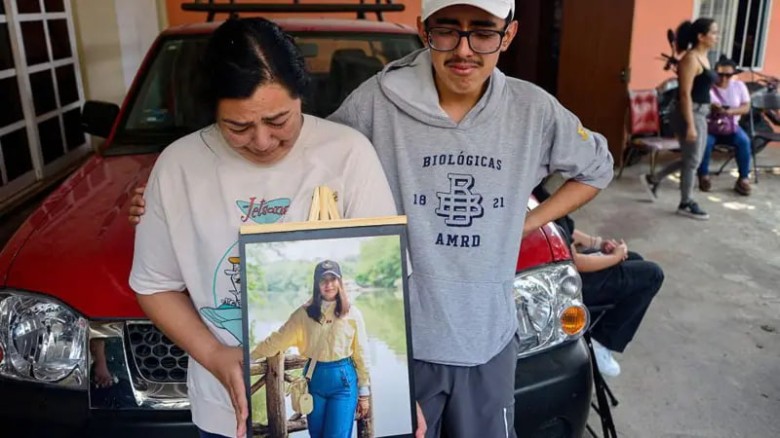








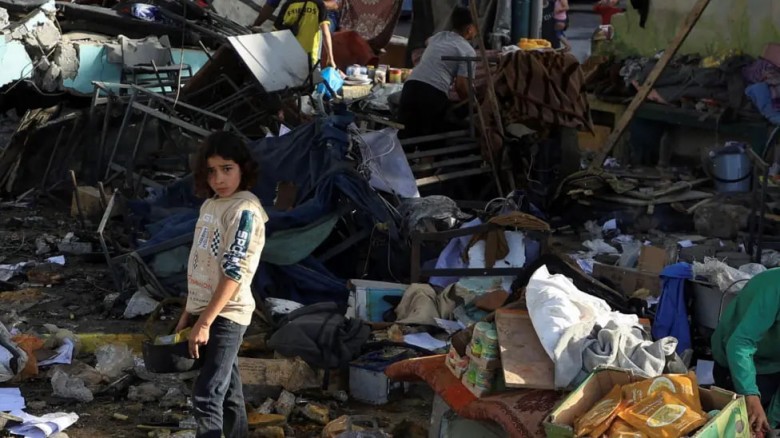

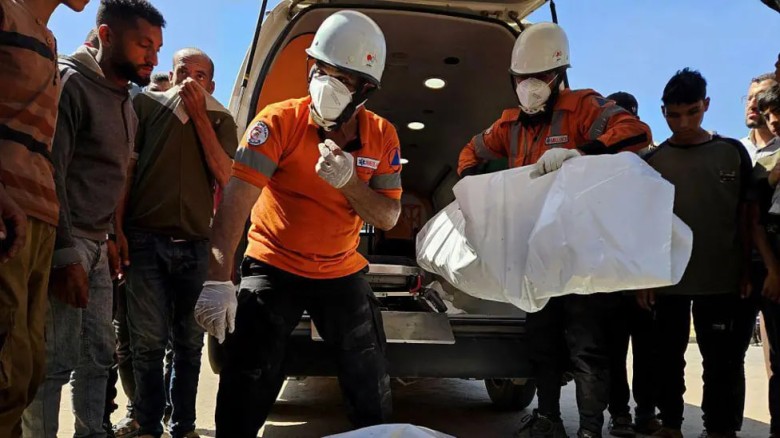








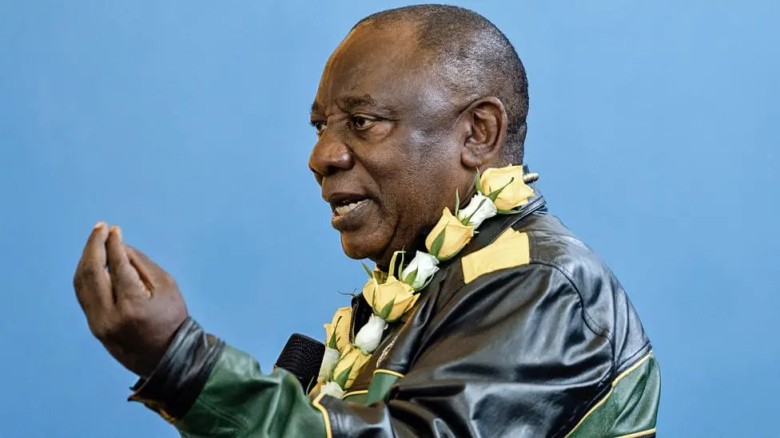
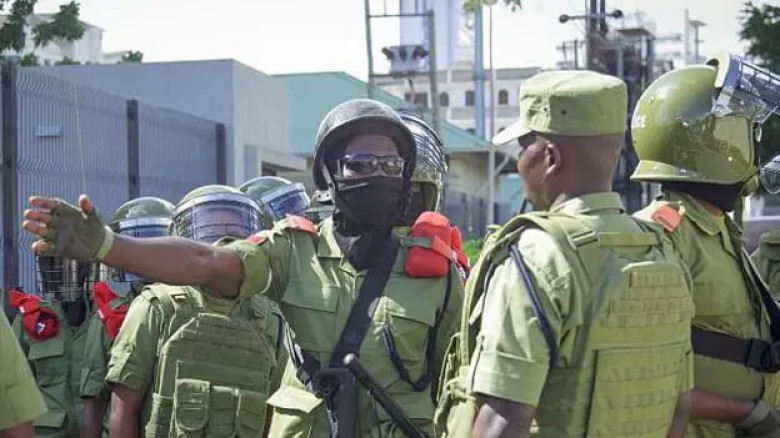
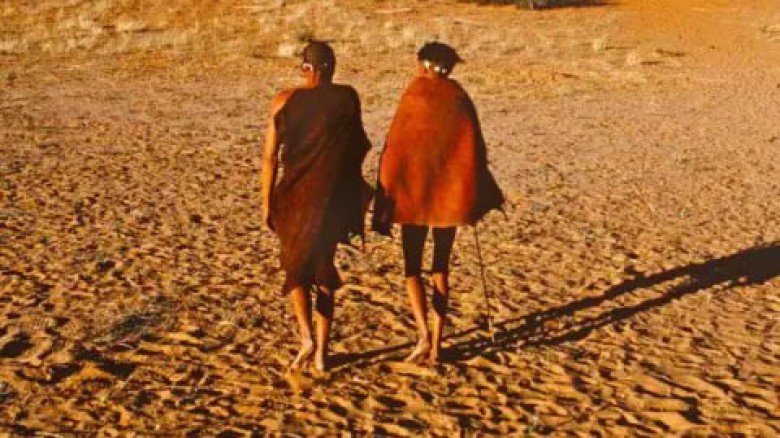
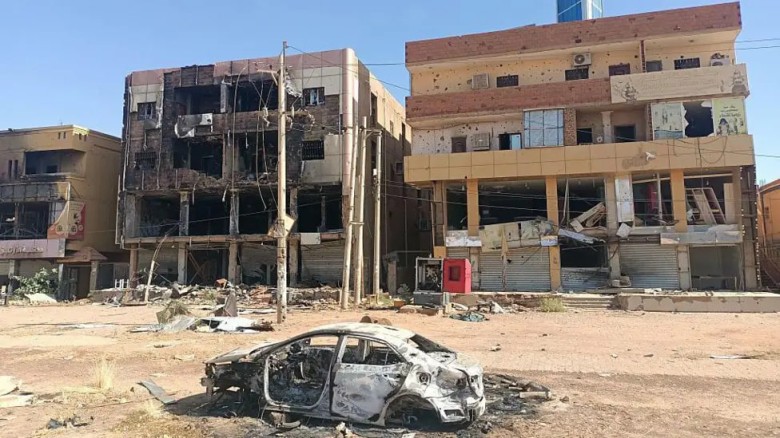








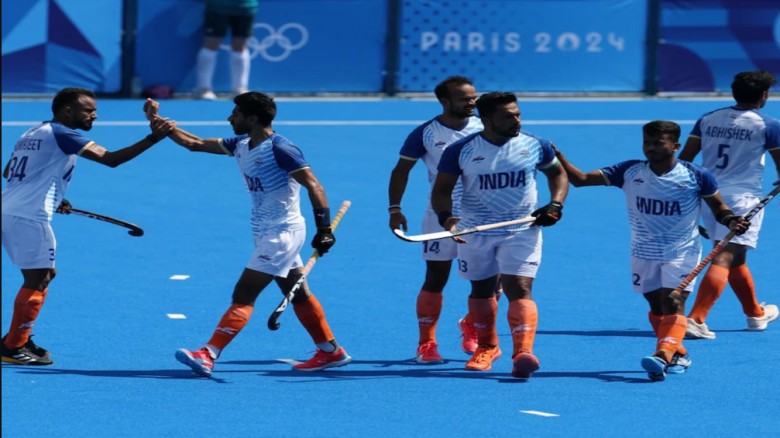










Leave A Comment